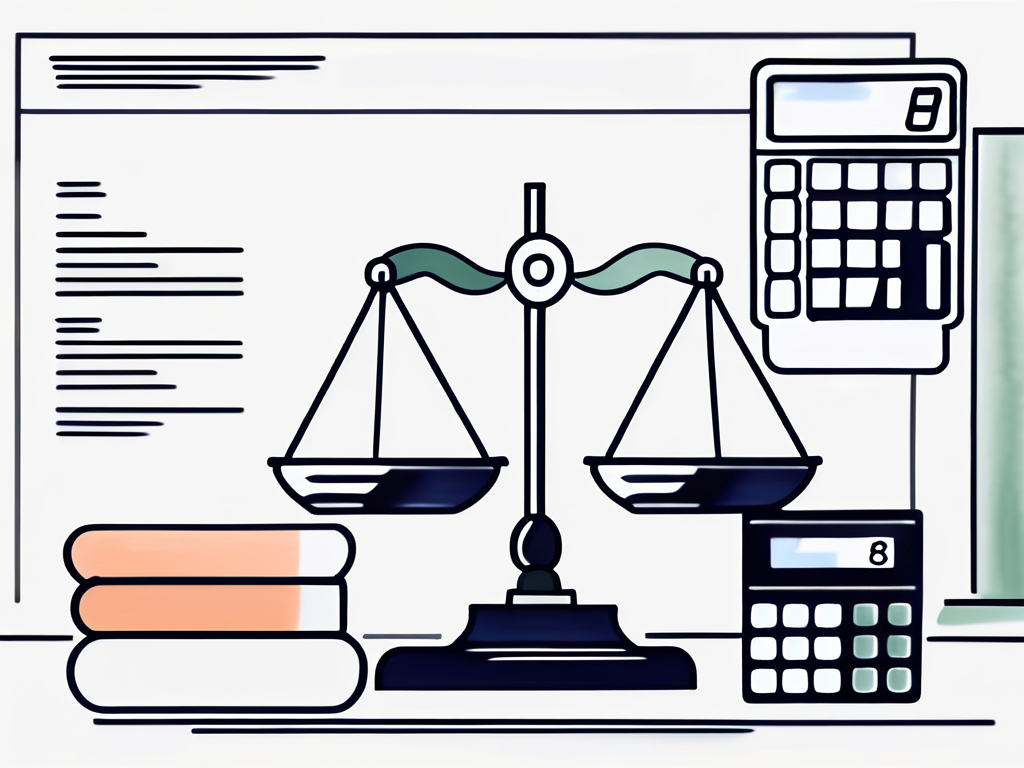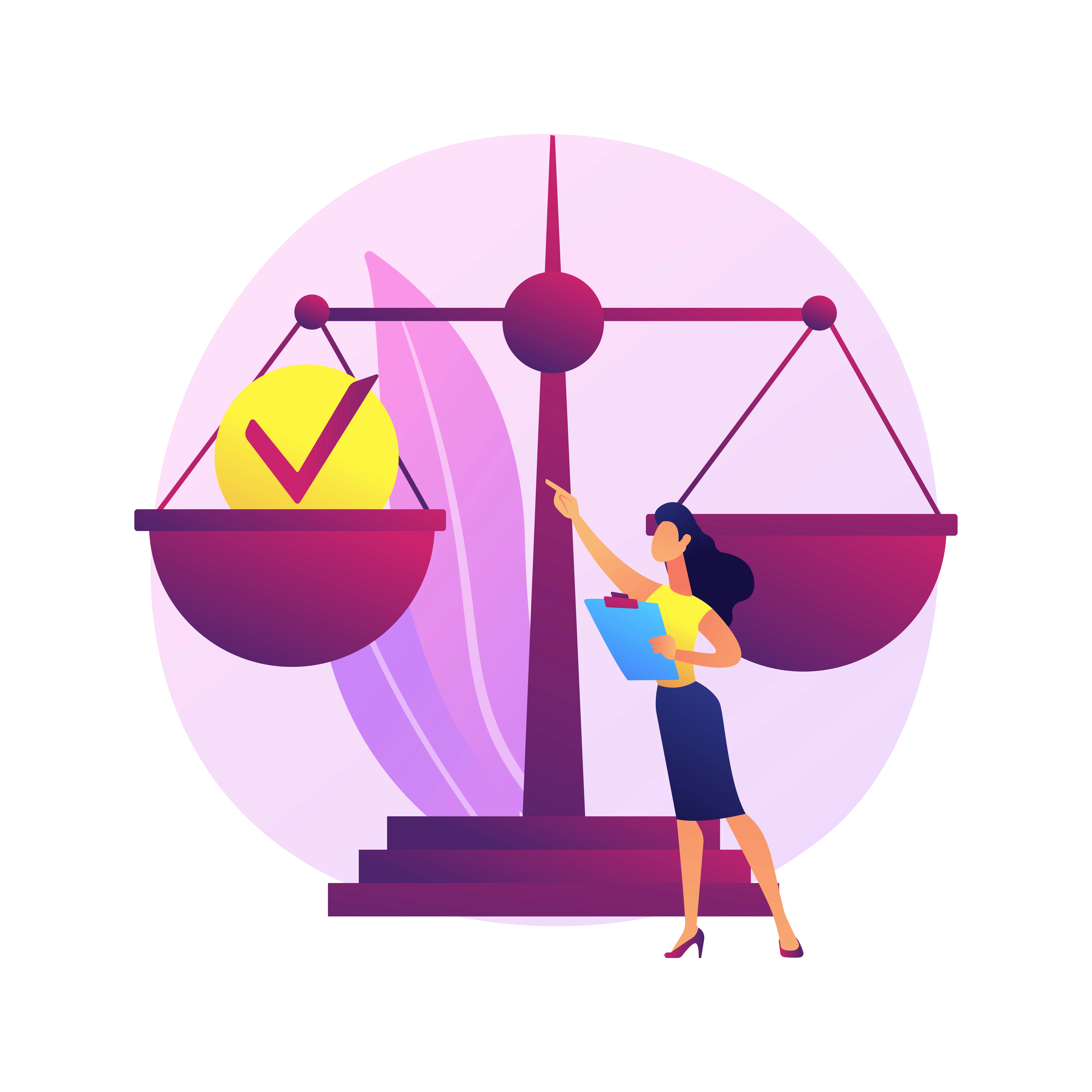Welcome, brave entrepreneur, to the wild and wacky world of liability! If you’ve ever wondered what a CPA does all day, besides crunching numbers and sipping on endless cups of coffee, you’re in the right place. In this glossary entry, we’ll dive deep into the concept of liability, which is as integral to a small business CPA as a clown nose is to a clown.
Liability, in the context of small business CPA, is not about being responsible for breaking your neighbor’s window with a rogue baseball. No, no, it’s much more exciting than that! It’s about obligations, debts, and all the financial commitments that make your business’s world go round. So, buckle up, because we’re about to embark on a thrilling journey into the heart of small business CPA liability!
Understanding Liability
Liability, in the simplest terms, is what your business owes. It’s like a financial IOU. But instead of owing your friend five bucks for that burrito they bought you last week, your business might owe a supplier for raw materials, or a bank for a loan. These are your business’s liabilities, and they’re as important to keep track of as your secret stash of chocolate.
But why, you may ask, is liability so important? Well, imagine trying to run your business without knowing what you owe. It would be like trying to bake a cake without knowing how much flour you need. You might end up with a cake that’s more like a pancake, or worse, a cake that’s more like a brick. Similarly, understanding your liabilities helps you manage your business’s finances effectively.
Types of Liabilities
Just like there are different types of cake (chocolate, vanilla, red velvet, oh my!), there are different types of liabilities. The two main types are current liabilities and long-term liabilities. Current liabilities are the ones due within a year, like bills and short-term loans. They’re the financial equivalent of chores that need to be done today, like doing the dishes or taking out the trash.
Long-term liabilities, on the other hand, are obligations due after a year. These are like the chores you keep putting off, like cleaning out the garage or organizing your sock drawer. Examples of long-term liabilities include mortgages and long-term loans.
Liabilities and the Balance Sheet
Liabilities are one of the key components of a balance sheet, which is a financial statement that gives a snapshot of a business’s financial health at a particular point in time. It’s like a selfie of your business’s finances. And just like a selfie, you want your balance sheet to look as good as possible.
On a balance sheet, liabilities are listed on the right side, opposite assets. The total value of your assets should equal the total value of your liabilities plus your business’s equity. This is known as the balance sheet equation, and it’s as fundamental to accounting as gravity is to physics.
Role of a Small Business CPA
Now that we’ve covered what liability is, let’s talk about the role of a small business CPA. A CPA, or Certified Public Accountant, is like a financial superhero for your business. They can help you manage your liabilities, prepare and review your financial statements, and ensure you’re complying with tax laws. They’re like the Batman to your business’s Gotham City.

One of the key roles of a small business CPA is to manage and track liabilities. They keep an eye on what your business owes, to whom, and when it’s due. They’re like a financial watchdog, always on the lookout for potential issues.
Liability Management
Liability management involves keeping track of all your business’s obligations and ensuring they’re paid on time. It’s like juggling, but instead of balls, you’re juggling bills, loans, and other financial commitments. And just like juggling, it requires skill, precision, and a good sense of timing.
A small business CPA can help with this juggling act by setting up systems to track liabilities, scheduling payments to ensure they’re made on time, and advising on strategies to manage liabilities effectively. They can also help negotiate terms with creditors to reduce the burden of liabilities.
Financial Reporting
Another key role of a small business CPA is financial reporting. This involves preparing financial statements, like the balance sheet, income statement, and cash flow statement. These statements are like report cards for your business, showing how well it’s doing financially.
A CPA ensures that these financial statements are accurate, complete, and comply with accounting standards. They also help interpret these statements, so you can understand what they mean for your business. It’s like having your own personal translator for financial jargon.
Liability in Taxation
Now, let’s talk about one of the most thrilling aspects of liability – taxation! Yes, taxes, that inevitable part of life that’s as certain as death and as popular as a root canal. But fear not, because a small business CPA can help navigate the labyrinth of tax laws and regulations.
In the context of taxation, liability refers to the amount of tax your business owes. This can include income tax, sales tax, payroll tax, and other types of tax. It’s like a buffet, but instead of choosing from delicious dishes, you’re choosing from different types of tax.
Calculating Tax Liability
Calculating tax liability is a complex process that involves understanding tax laws, applying tax rates, and taking into account deductions and credits. It’s like solving a puzzle, but instead of fitting pieces together, you’re fitting numbers and regulations together.
A small business CPA can help calculate your business’s tax liability, ensuring it’s accurate and minimizing the risk of penalties for underpayment. They can also advise on strategies to reduce tax liability, such as taking advantage of tax credits and deductions.
Managing Tax Liability
Managing tax liability involves planning for tax payments, setting aside funds to cover tax obligations, and ensuring taxes are paid on time. It’s like planning for a vacation, but instead of planning for fun and relaxation, you’re planning for tax payments.
A small business CPA can help manage your business’s tax liability by forecasting tax obligations, setting up systems to track tax payments, and advising on strategies to manage tax effectively. They can also represent your business in dealings with the tax authorities, should the need arise.
Conclusion
So there you have it, folks! Liability, in all its glory, explained by your friendly neighborhood CPA. From understanding what liability is, to the role of a small business CPA, to the thrilling world of tax liability, we’ve covered it all. Remember, understanding and managing your business’s liabilities is key to its financial health. So, don’t neglect your liabilities, or they might come back to haunt you like a forgotten piece of cake in the back of the fridge.
And remember, a small business CPA is there to help. They can guide you through the maze of liabilities, help manage your financial obligations, and ensure your business stays on the right side of the tax authorities. So, don’t go it alone. Get a CPA on your side, and tackle those liabilities with confidence!


